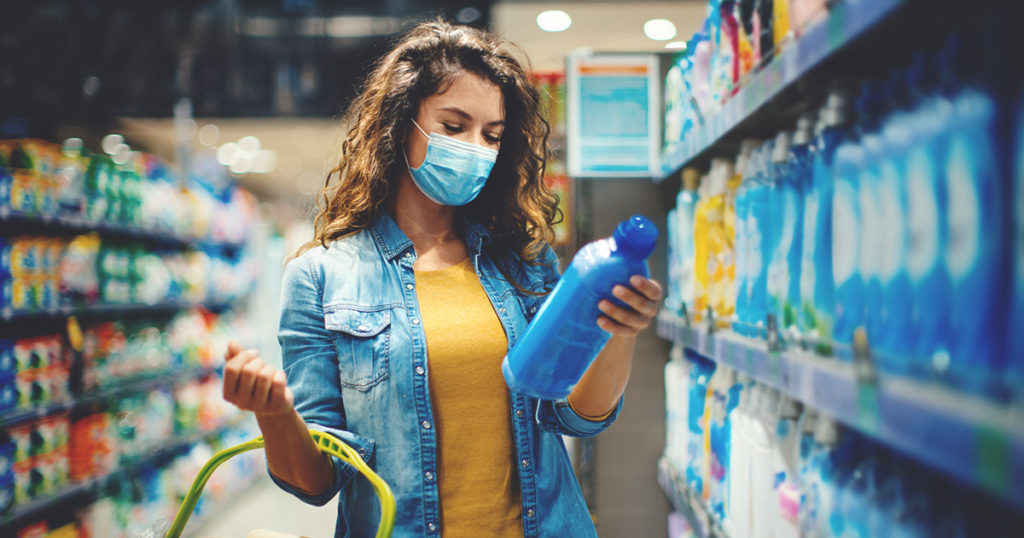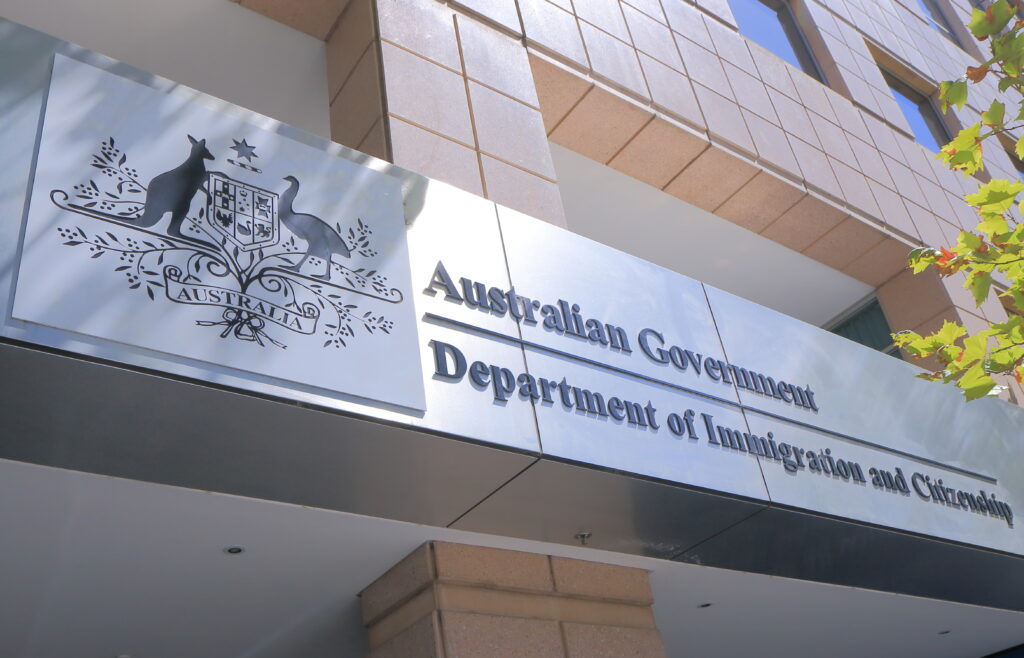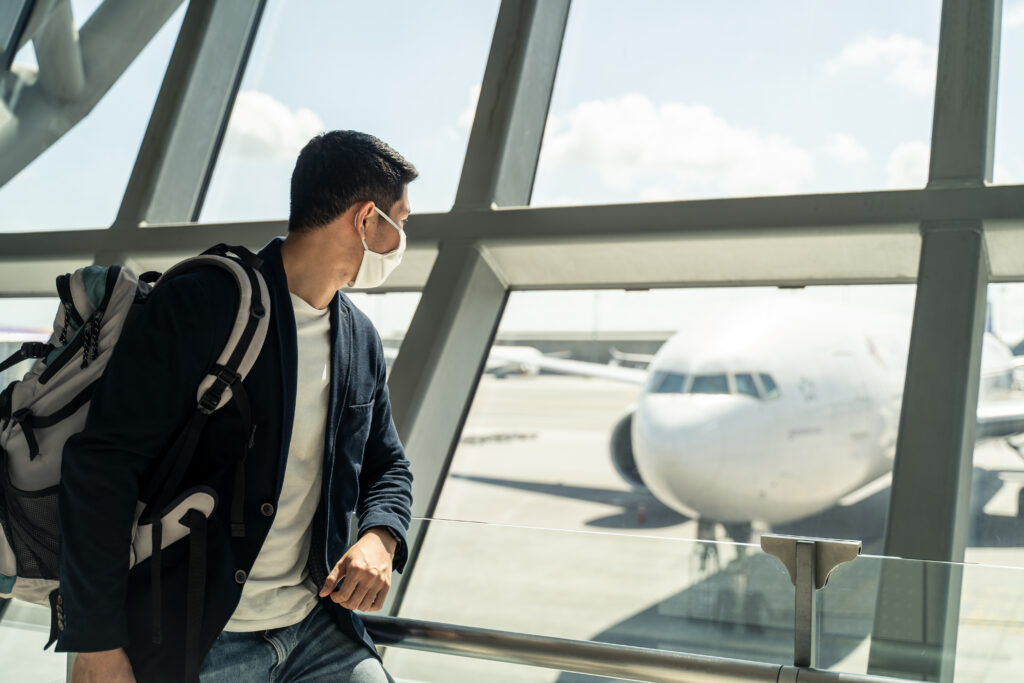For the last two years, the world has been learning how to live with COVID-19. The ongoing pandemic has presented numerous challenges, including lockdowns, variants and surges in case numbers. As the Omicron variant (and its BA2 subvariant) continue to spread, Australia is consistently recording thousands of cases per day.
As a result, there has never been a better time to prepare yourself for a wide range of scenarios. What should you do if you test positive? What should you do if a member of your household tests positive? What supplies should you have on-hand in the event you or someone you know gets COVID?
In this guide, we answer these questions and provide you with all the guidance you need to face these challenges head-on.
What if I test positive for COVID-19?
If you contract COVID-19, you must immediately self-isolate. This means you must stay home and only leave your home for COVID testing or medical emergencies. If you live in a share house, consult the following section for more tips on how to safely isolate yourself when living with others.
The duration of your isolation period will vary depending on the state or territory you live in. Find more information at the relevant link below:
- Australian Capital Territory
- New South Wales
- Northern Territory
- Queensland
- South Australia
- Tasmania
- Victoria
- Western Australia
What if a member of my household tests positive for COVID-19?
Sharing a home with others amid COVID-19 can be tricky. If someone you live with tests positive for COVID-19, this makes you a ‘close contact’.
According to the Federal Government, you are a close contact if you:
- Live in the same house as someone who tests positive
- Spent 4 hours or longer with someone in a home, or health or aged care environment
- Are determined as one by your state or territory health department.
In most states, close contacts must immediately isolate for seven days from the last time you had contact with the person who tested positive. If you live in NSW, your isolation requirements as a close contact will depend on your overall risk level, which you can assess here.
NSW, Victoria and Queensland have also issued certain isolation exemptions for critical workers in the food logistics and manufacturing sectors. Close contacts working in these industries are allowed to attend work as long as they are not experiencing symptoms.
If you have symptoms, you must get a PCR test as soon as possible. If you do not have any symptoms, take a rapid antigen (RAT) test at home.
You can purchase RAT tests at several participating pharmacies, supermarkets and other retailers across Australia. A limited number of free RAT tests are available to people who meet certain criteria. Learn more about accessing RAT tests here.
If you live with the COVID-positive person, try to limit your contact with them as much as possible. If you do need to be in the same space in the house, maintain social distancing and wear a mask. Be sure to regularly disinfect surfaces in shared spaces as an added precaution.
What supplies should I have to prepare for COVID-19?
An emergency kit is an important tool to have on hand. With the right supplies, you’ll be better equipped to manage unforeseen circumstances while maintaining your comfort.
So, what items should you include in your COVID-19 survival kit? Here are some of our suggestions:
Groceries
When you’re sick, you need to maintain a healthy diet to fast-track your recovery. While you can’t visit the grocery store if you’re in isolation, several supermarkets like Coles and Woolworths offer delivery. Consider freezing some meals in advance or stocking up on non-perishables such as canned or dried foods. When you’re sick, you might not feel like cooking, so having dishes you can heat up quickly and eat is important.
Medications
Make sure you have plenty of paracetamol, ibuprofen, decongestants, cough syrup and other medications you may need. These can help alleviate some COVID symptoms you may develop.
Hand and surface sanitiser
Disinfecting your hands and surfaces in your home will help keep all members of your household safe.
Face masks
It never hurts to have extra face masks, especially if you’ll need to wear them around your home during your isolation period.
Entertainment
Include a few fun activities in your kit to combat boredom while in isolation. Jigsaw puzzles, novels, crosswords, sudoku, video games – whatever you’d like!
Where to find additional support
Isolation can be challenging and lonely, but there’s always support available if you need it. Learn more about governmental financial support (including the Pandemic Leave Disaster Payment) and mental health resources.
You can also check out our additional tips for staying happy and healthy during COVID-19 here.





